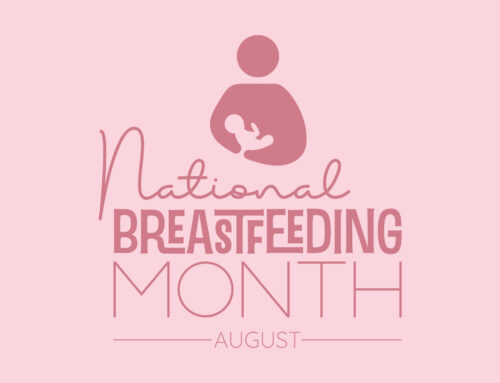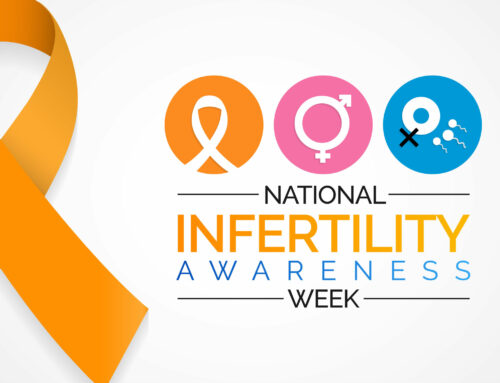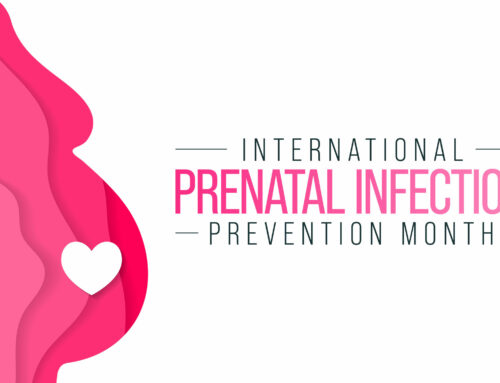Risk of Complications for Deliveries Before 39th Week
It is a common request: “Can I deliver the baby early?” In recent years there has been a growing realization that babies electively delivered even a few days before the 39th week are at increased risk for complications compared to those infants born at 39 weeks gestation or greater.
A March article in the journal Obstetrics & Gynecology again illustrated these concerns. In a study of over 23,000 repeat cesarean sections in the United States, elective deliveries before 39 weeks gestation were associated with a higher rate of complications for both the mother and the newborn. This study supports earlier work that showed when compared to a baby born at 39 weeks gestation, a baby born at 37 weeks is two to three times more likely to end up with pneumonia, admission to a neonatal intensive care unit, respiratory distress syndrome, and a need to be intubated.
Currently most hospitals, the American College of Obstetricians and Gynecologists, and patient safety champions are sounding the alarm and working hard to eliminate such elective deliveries. In fact watchdog safety groups such as the Leapfrog group monitor such data and in many areas hospitals are required to report all elective deliveries before 39 weeks gestation.
It is important here to differentiate between elective and indicated deliveries. An indicated delivery refers to a delivery that is carried out because of a maternal or fetal indication – for example hypertension, preeclampsia, diabetes, poor fetal growth, etc. An elective delivery here refers to an uncomplicated pregnancy in which the mother or physician wishes to effect delivery out of convenience without a true medical indication – the doctor has a vacation coming up, the grandparents are in town, etc.
So although we understand you are anxious and excited to meet your new arrival, please know that your doctors are only doing what is best for you and your baby. For more information, see this informative site at the March of Dimes.





